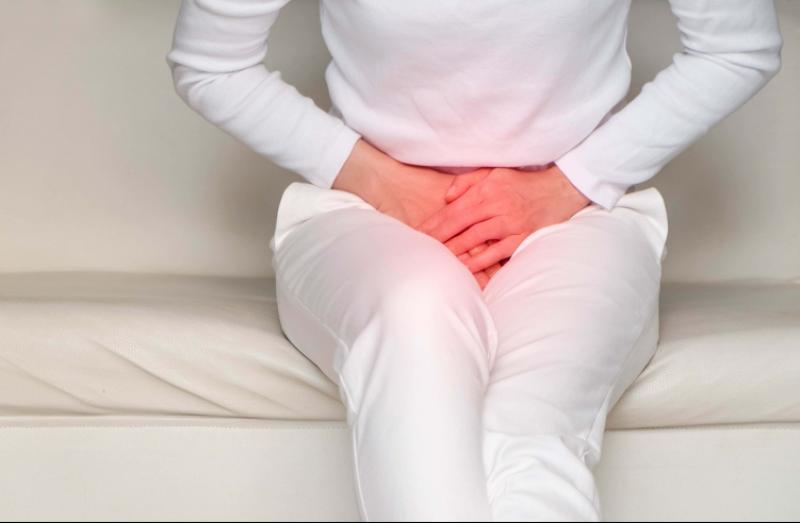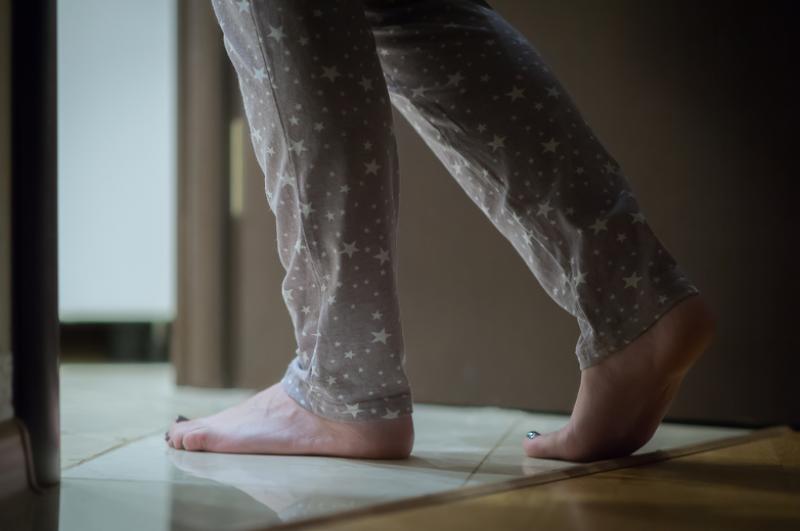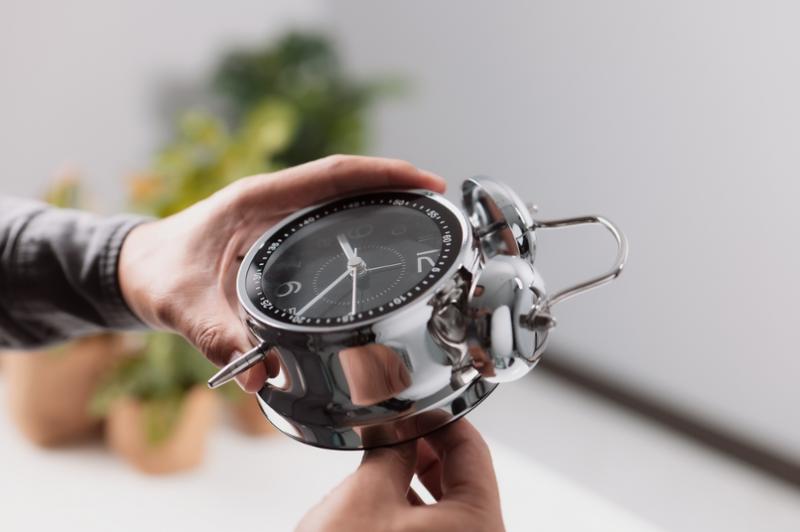9 Ways to Improve Your Sleep While Managing Incontinence
Many older adults suffer from incontinence, which makes getting a good night’s sleep feel almost impossible. Thankfully, there are many practical steps that you can take to sleep more soundly and prevent your odds of a bedwetting incident. From wearing bladder leakage products to starting incontinence medication, here are nine ways to improve your sleep while managing nighttime incontinence:

By ANN PATCHANAN / Shutterstock.com
- Get checked out by a medical professional.
If you’ve been struggling with incontinence at night, we strongly suggest making an appointment with your medical provider as soon as possible. That’s because bladder leakage can sometimes have an underlying cause, such as a urinary tract infection; once you treat the underlying condition, the incontinence is resolved. Your physician will run a bunch of tests to determine what is causing your incontinence while you sleep and determine an appropriate course of treatment.
- Watch your beverage intake.
Drinking too much liquid before bed can cause a bedwetting incident in almost anyone. Two or three hours before you sleep, start limiting your intake of any and all beverages so that your body will have time to void them all before you sleep. You should also avoid beverages that are known to irritate the bladder, such as alcohol, caffeine, and carbonated drinks. While you’re at it, you should also avoid foods that are known bladder irritants, such as citrus foods, spicy dishes, and chocolate. This will further prevent bladder irritation and help to reduce your chances of incontinence while you sleep.
- Encourage blood flow in your lower body.
Swelling in your lower body puts added pressure on your bladder, which can contribute to bladder leakage. Throughout the day, gravity pulls on our blood, lymph, and other fluids, causing them to pool in our lower body. To help reverse this effect, take off your shoes when you get home in the afternoon or evening, and then lie down with your feet propped up above the level of your heart; stay here for 15 to 20 minutes to give the fluid enough time to drain back toward your torso.

By Serge Vo / Shutterstock.com
- Practice double voiding before bed.
Double voiding is a practice that involves urinating, waiting a few seconds or minutes, and then urinating again. This helps to ensure that the bladder is as completely voided as possible before you turn in for the night. You might have to experiment around to figure out how long of a wait period is optimal for you. For some people, just 10 seconds is enough, but others need longer. Many people also benefit from walking around, listening to running water, bladder percussion, and combining other techniques with double voiding.
- Wear incontinence products to sleep.
Wearing incontinence products for women or men won’t prevent a bedwetting incident, but it can give you the confidence to sleep soundly. Incontinence products vary in terms of style (pads vs. briefs) and absorbency (anywhere from a few drips to a heavy flow). Most people choose a nighttime incontinence product that is at least one to two levels of absorbency heavier than what they wear during the day. That way, they can rest assured that their pajamas, sheets, and mattress will stay dry even if they do wet the bed in the middle of the night.
- Protect the bed and mattress.
In addition to wearing bladder leakage pads while you sleep, it’s also a good idea to protect your expensive mattress as well. Many people like to use a cheap plastic waterproof protector, which is inexpensive but can be uncomfortably loud. You can also upgrade to a nicer protector that is fabric-based and won’t make as much noise. You may also want to consider getting a set of water- and stain-resistant sheets for extra protection and comfort so that you can sleep without worrying about your mattress.

By UnderhilStudio / Shutterstock.com
- Set an alarm at irregular times.
Some people find it beneficial to set an alarm at random times in the middle of the night, to encourage them to wake up and use the bathroom before they have a bedwetting incident. You don’t want to set the alarm for the same time every night, or else that will train your body to expect to use the restroom at that time, potentially triggering a bedwetting incident. You can also look into getting a bedwetting alarm, which uses a special moisture sensor to detect if you are about to wet the bed and wakes you up so you can finish urinating in the bathroom.
- Treat your pelvic floor muscles.
Many types of incontinence are caused (at least in part) by pelvic muscles that are either too weak or too tight. If your muscles are too weak, a pelvic floor training regimen can help strengthen them to prevent bladder leakage. If your pelvic muscles are too tight and keep spasming, pelvic floor therapy can help them relax. It’s important to get diagnosed by a doctor before starting either of these treatments so that you don’t accidentally do something that could cause your incontinence to become worse.
- Talk with your physician about medication.
Bladder medication can be effective for many different types of incontinence, including bedwetting. If you haven’t yet explored this avenue of treatment yet, definitely schedule an appointment with your physician to discuss your symptoms and explore whether or not incontinence medication might be right for you. If you have a major trip or event coming up, talk with your doctor several months in advance, as it can take weeks for the medications to reach their full effect.
Got more suggestions for getting a good night’s sleep with incontinence? Share them in the comments below so we can all learn from each other!
More to Read:
Previous Posts:
Next Posts:




